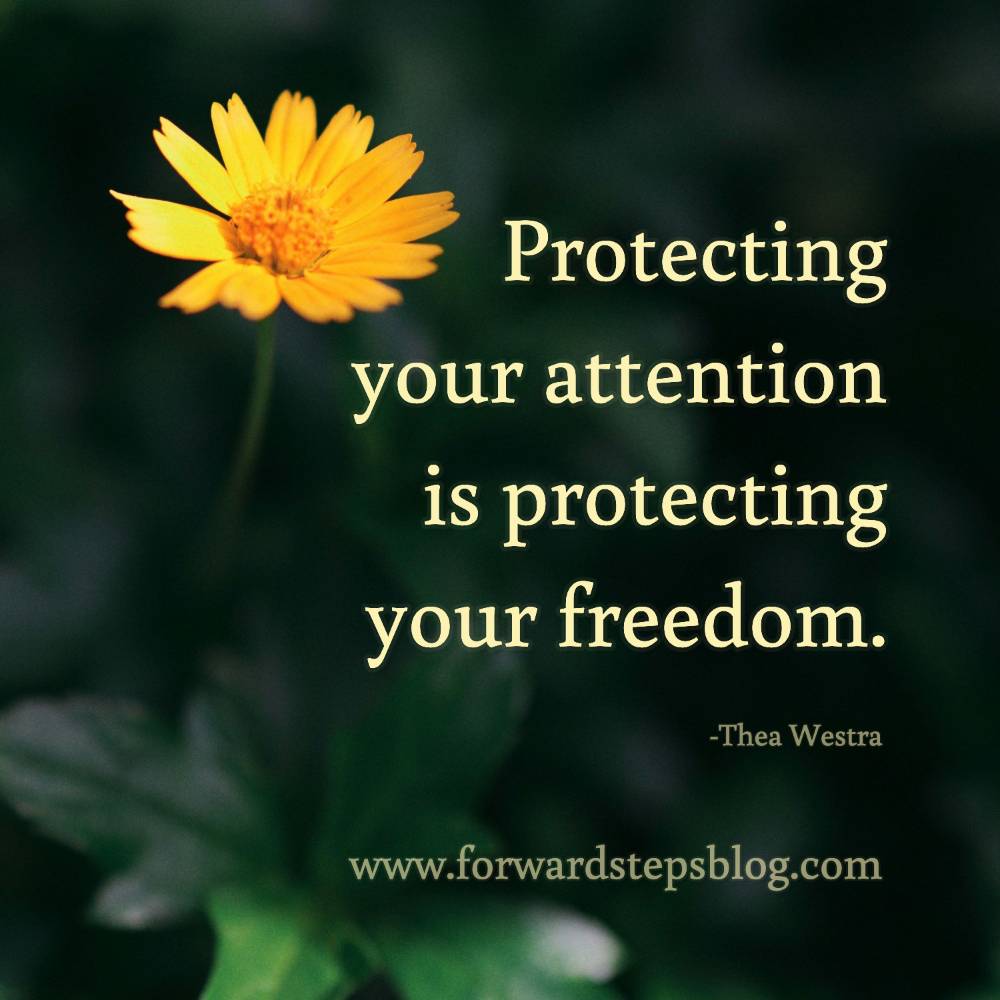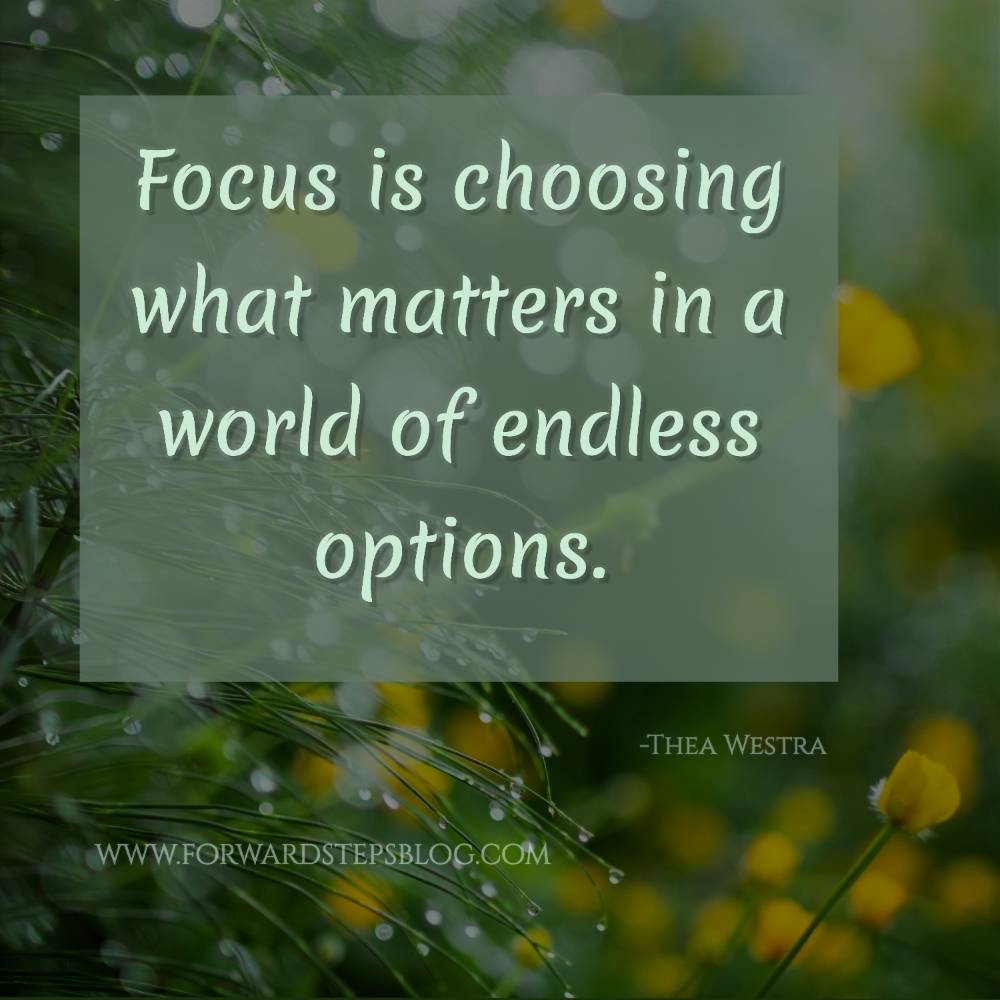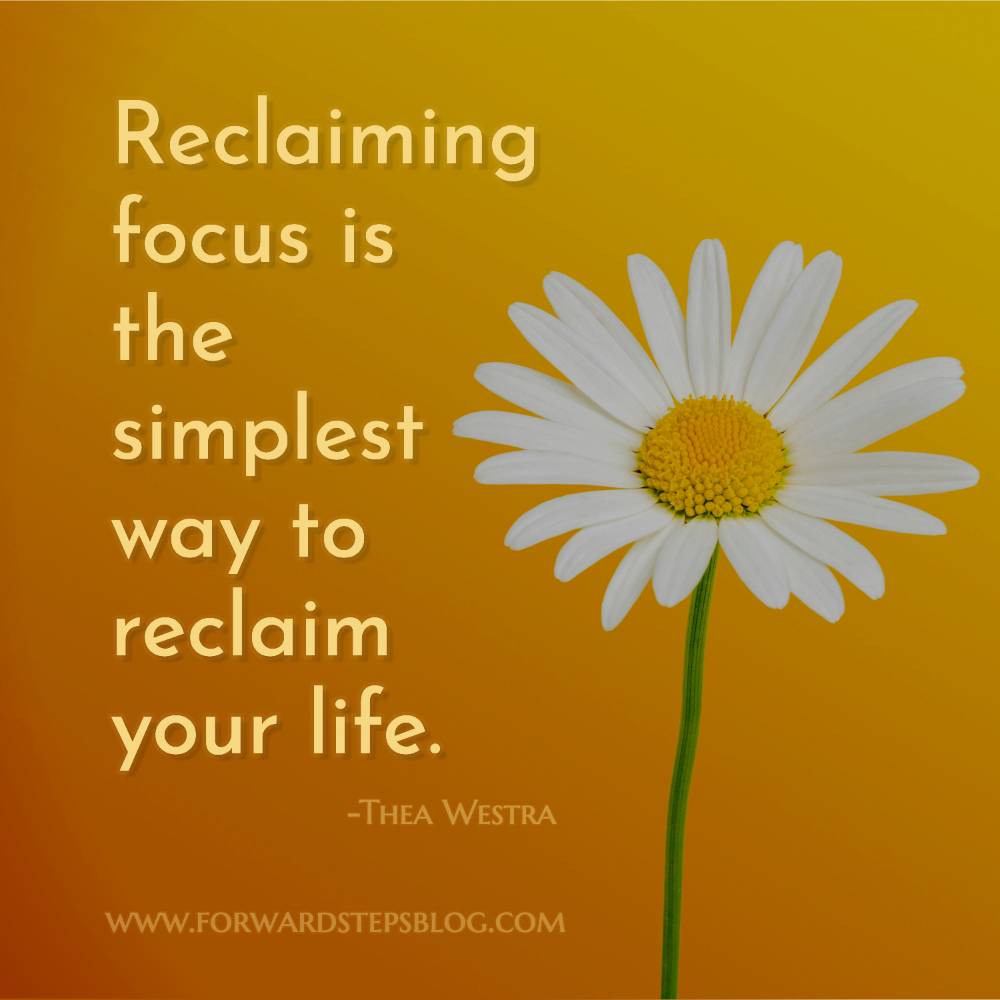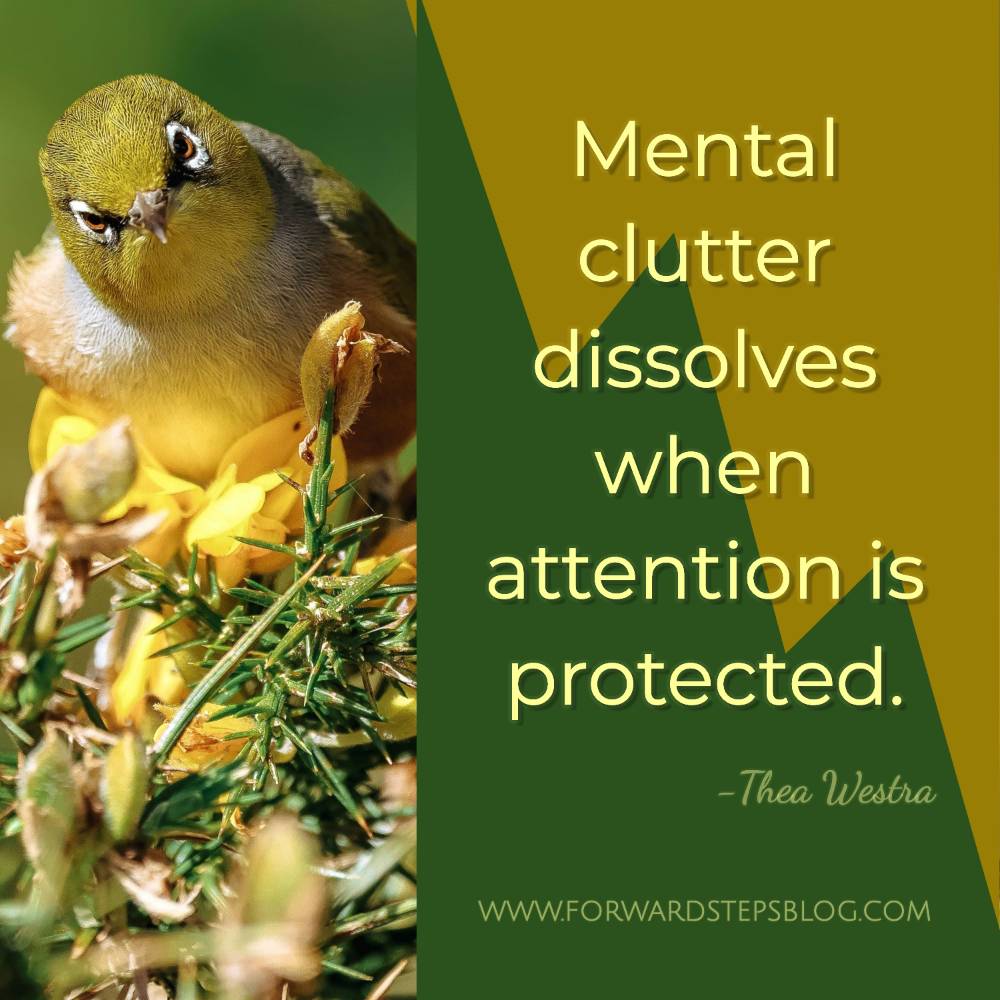Focus is a rare resource. The world does not pause for attention, it constantly demands more. Social media, notifications, endless tasks, urgent emails, all fragment thought and energy. Few realise that scattered attention comes at a hidden cost. Every half-hearted effort reduces clarity, drains energy and erodes satisfaction.
Reclaiming focus begins with recognising attention as finite. You cannot be fully present in more than one place at a time. This is not a flaw, it is the human condition. The challenge is choosing where your focus matters most and defending it with intention.
The Myth of Multitasking
Multitasking is often celebrated as a modern skill, yet it is a lie. The brain cannot truly split attention between competing tasks. Instead, it switches rapidly, creating fatigue, errors and inefficiency. Studies show regaining full focus after an interruption can take up to 23 minutes. These repeated micro-restarts accumulate, draining hours from your day.
 The world encourages busyness over depth. Multitasking masks inefficiency as competence. Reclaiming focus requires single-tasking and embracing the discomfort of concentrated effort. Productivity is found not in doing everything, it’s in doing what matters fully.
The world encourages busyness over depth. Multitasking masks inefficiency as competence. Reclaiming focus requires single-tasking and embracing the discomfort of concentrated effort. Productivity is found not in doing everything, it’s in doing what matters fully.
Attention as a Muscle
Focus strengthens with practice. Like a muscle, it needs repeated challenge. Expecting hours of sustained attention without training is unrealistic. The mind conditioned for constant distraction cannot suddenly deliver deep work.
Start small. Block 20 minutes of uninterrupted attention daily. Observe when your mind wanders and gently return to the task. Over time, these exercises build neurological pathways that increase attention span. Tasks that once felt overwhelming become manageable. Focus becomes a habit, a natural state, rather than a forced discipline.
Environmental Design Matters
Your surroundings dictate how well you can concentrate. Noise, clutter or open-plan offices fragment attention. Simple interventions produce significant results.
Clarity comes not from doing more however from doing less with intention. Share on XClose unnecessary tabs, silence notifications and create a corner of your home or workspace that signals focus. Even minor adjustments can trigger mental readiness. The brain learns to associate space with attention. Designing an environment for focus is not optional, it is strategic.
The Discipline of Saying No
Saying no is not selfish, it is essential. Cultural pressures push us to accept every request, creating scattered priorities and shallow engagement. Protecting attention means prioritising what truly matters.

Digital Minimalism
Technology is engineered to fragment attention. Social media, notifications and endless alerts are designed to steal focus. Digital minimalism means using technology deliberately rather than passively.
Set limits on social media, remove distracting apps and create specific windows for digital engagement. Intentional use strengthens focus. Each interaction becomes purposeful. Digital tools should serve you, not control your attention.
Rituals That Anchor Attention
Routine stabilises the mind. Small rituals act as cues for focus. These do not need to be elaborate. Starting the day with a deliberate habit, a short walk before work or a breathing exercise signals to the brain that it is time to engage.
Depth of attention always beats breadth of activity. Share on XRituals reduce decision fatigue and make attention easier to summon. They are not about rigidity however about providing structure for sustained mental effort. Repeated, intentional routines transform attention into a natural, automatic response rather than a forced effort.
Embracing Boredom
Modern life discourages boredom, yet boredom is fertile ground for focus. Silence and idle moments allow reflection, problem-solving and creative thought. Constant stimulation trains the brain to expect interruption and reaction.

Focus as a Form of Resistance
Choosing focus is a subtle rebellion against a culture of distraction. Every refusal to multitask, every single-tasked hour, challenges the status quo of busyness and urgency.
Reclaiming attention asserts autonomy. Algorithms, advertisements and societal pressures may demand constant engagement, however choosing depth over breadth restores control. Focus becomes a statement of self-respect, a refusal to be pulled in all directions and a deliberate act of personal power.
The Long-Term Payoff of Focus
Focus is an investment with compounding returns. Deep attention accelerates skill mastery, enhances quality of work and produces insights that shallow engagement cannot. The benefits are not only professional. Sustained focus improves decision-making, emotional resilience and life satisfaction.
Focus transforms scattered effort into meaningful impact. Share on XThe world may demand constant responsiveness, yet attention devoted deliberately yields freedom. Life becomes richer, work more meaningful and relationships more connected. Reclaiming focus is not survival, it is the path to autonomy, clarity and purpose.
Physical Health and Focus
The mind cannot perform at its peak when the body is neglected. Sleep deprivation, poor nutrition, dehydration and inactivity all erode concentration. Physical health is intertwined with mental clarity.

The Social Dimension of Focus
The people around you shape attention. Draining relationships and constant social noise fragment mental energy. Even well-intentioned interactions can scatter focus when they overwhelm boundaries.
Be intentional with your interactions. Spend time with those who respect your attention and support your priorities. Step back from obligations that erode bandwidth. Protecting attention socially is as important as guarding it individually.
Mindfulness Without Ritual
Mindfulness is often portrayed as ritual or meditation, yet its essence is noticing. Noticing thoughts, breath or the surrounding environment without distraction strengthens focus.
The cost of constant distraction is hidden yet enormous. Share on XDaily practice trains neural pathways that sustain attention. Mindfulness is not a hobby, it is a practical skill for resisting distraction. Learning to notice without reacting cultivates resilience and preserves mental energy for meaningful work.
Micro-Breaks and Mental Recovery
Sustained focus requires recovery. Cognitive energy is finite. Without rest, concentration collapses. Short breaks reset attention and maintain performance.

Redefining Productivity
True productivity values depth over breadth. The culture of constant output equates worth with activity. Fewer tasks completed with attention are more valuable than a long list of shallow efforts.
Resist the pressure to multitask or fragment your energy. Prioritise and commit fully. Attention invested deliberately produces quality, satisfaction and lasting impact. Productivity is not busyness, it is meaningful engagement.
Owning Your Attention
The world will continue to demand it all. Reclaiming focus is not about escaping, it’s about choosing where and how you meet these demands. Attention is precious, defend it with discipline, intentionality and clarity.
Sustained focus creates insights that shallow engagement cannot. Share on XSingle-task when it matters. Train attention gradually. Design supportive environments. Say no deliberately. Engage with technology intentionally. Take breaks. Notice the present. Pursue depth. Every choice to focus is a reclaiming of agency.
Focus delivers freedom, mastery and satisfaction. It is a daily act of courage, a statement of autonomy and a practical tool for living fully. In a world designed to scatter attention, the person who can hold it steadily controls not just tasks, they control life itself.
PLUS check out these free gifts from friends… CHECK out the following great resources as well…Forward Steps Personal Development »






